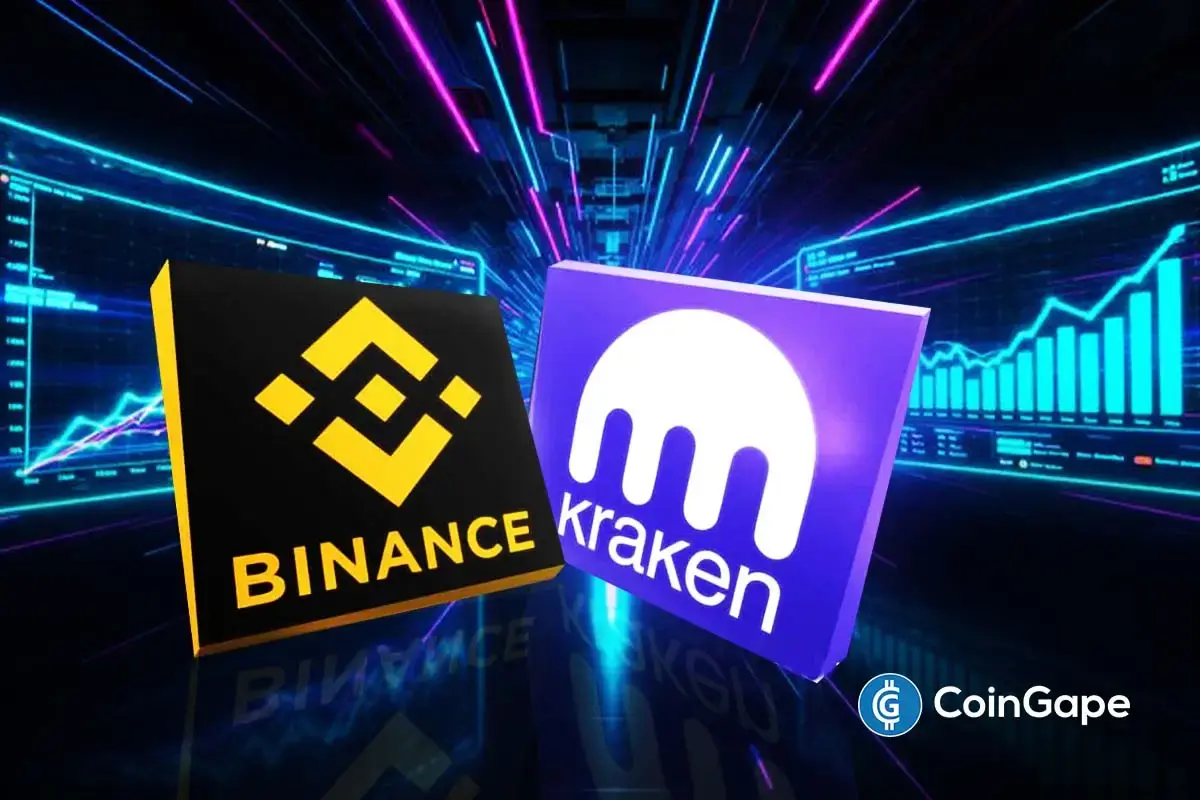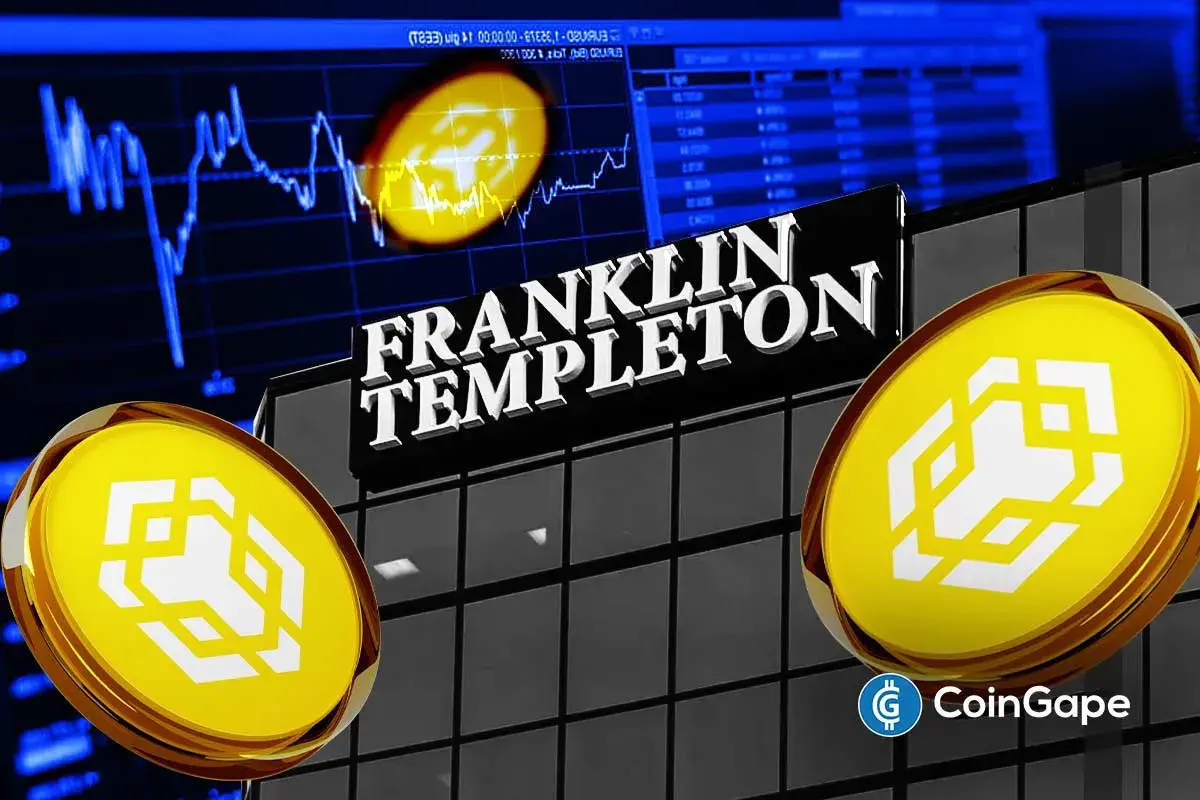Binance Seeks Regulatory Compliance In Nigeria, What’s Next?

Highlights
- Nigerian government considers blocking crypto platforms like Binance amid currency manipulation fears.
- Binance addresses the Nigerian government's concerns and emphasizes regulatory compliance and user protection.
- Proactive measures include real-time monitoring and removal of non-compliant advertisements on the Binance platform.
Amid escalating scrutiny of cryptocurrency activities in Nigeria, Binance, a leading digital asset platform, has initiated efforts to ensure regulatory compliance. Meanwhile, as the Nigerian government deliberates on potential measures to address currency manipulation and illicit financial movements, Binance reaffirms its commitment to working with local authorities and regulators to uphold industry standards and protect users’ interests.
Binance’s Response Amid Regulatory Challenges In Nigeria
In response to the Nigerian government’s concerns regarding currency manipulation and illicit financial activities, Binance has released statements emphasizing its dedication to regulatory compliance and user protection. Notably, the platform underscores its commitment to maintaining a market-driven, fraud-free, and manipulation-free environment for users engaging in peer-to-peer (P2P) transactions.
Meanwhile, Binance’s proactive measures include real-time monitoring, immediate removal of non-compliant advertisements, and permanent removal of bad actors from its P2P product. In addition, the platform has implemented stringent security protocols to safeguard user funds and operational integrity amidst evolving market dynamics in Nigeria. Despite regulatory uncertainties, Binance remains steadfast in its mission to foster transparency and innovation in the cryptocurrency space.
Notably, these efforts come amid Nigeria’s forex market concerns, as reports emerge of potential online platform blocks for Binance and other crypto firms. Sources suggest the government’s move aims to curb currency manipulation and fund illicit activities.
Meanwhile, the Naira’s recent plummet to an all-time low of N1,800 per dollar in the parallel market underscores urgency. Government sources cite reports linking crypto platforms to criminal activities, attributing them to the currency’s decline. As authorities weigh options, tensions rise over the role of crypto firms in Nigeria’s financial landscape, signaling potential regulatory crackdowns in the near future.
Also Read: Crypto Super PAC Fairshake Amass $85 Million for US Elections 2024
Exploring Market Concerns
Amid speculations and concerns surrounding the fluctuating value of the Nigerian currency and its potential link to cryptocurrency activities, Binance reassures users of the security of their funds and the operational integrity of its P2P marketplace. Notably, the crypto exchange emphasizes its role as a facilitator of peer-to-peer transactions, maintaining that it does not dictate currency pricing but provides a market-driven platform for users.
In addition, Binance acknowledges the complexities influencing foreign exchange rates and asserts its commitment to engaging with regulators, policymakers, and stakeholders to navigate the evolving landscape of cryptocurrency and financial markets transparently. Despite challenges and regulatory debates, Binance encourages users and the community to remain vigilant and disregards unfounded fears or uncertainties, reaffirming its dedication to providing a secure and trustworthy platform for cryptocurrency transactions.
However, recent reports from sources close to the Nigerian government shed light on how cryptocurrency activities, particularly on platforms like Binance, are circumventing the nation’s efforts to boost dollar liquidity. A member of the ruling party’s presidential campaign council criticized Binance, alleging speculative trading that swiftly impacted the Naira’s value against the dollar.
Also Read: Cardano (ADA) Is ‘Dog Shit’- BitMex Founder Arthur Hayes
Play 10,000+ Casino Games at BC Game with Ease
- Instant Deposits And Withdrawals
- Crypto Casino And Sports Betting
- Exclusive Bonuses And Rewards

- Crypto Market Soars on Rumors of Trump’s 0% Tax Policy for Digital Assets
- Hong Kong Set to Launch Tokenized Bond Platform and Issue First Stablecoin Licenses
- US Senator Launches Probe Into Binance After Fortune Report on Sanctions Violations
- CLARITY Act Odds, Bitcoin Drop as Trump Skips Crypto in State of the Union Speech
- Tokenized Stock Market Gains Boost as Kraken and Binance Launches New Products
- Cardano Price Signals Rebound as Whales Accumulate 819M ADA
- Sui Price Eyes Recovery as Third Spot SUI ETF Debuts on Nasdaq
- Pi Network Price Eyes a 30% Jump as Migrations Jumps to 16M
- Will Ethereum Price Dip to $1,500 as Vitalik Buterin Continues Selling ETH?
- XRP Price Outlook as Clarity Act Passage Odds Plunge to 53%
- COIN Stock Risks Crashing to $100 as Odds of US Striking Iran Jump

 Claim Card
Claim Card















